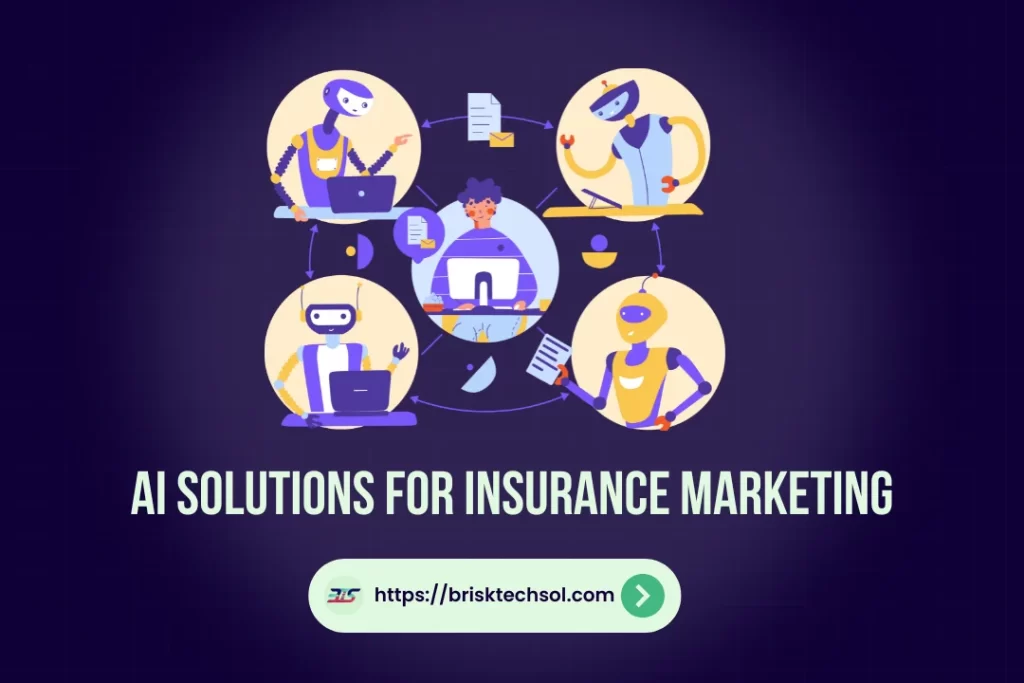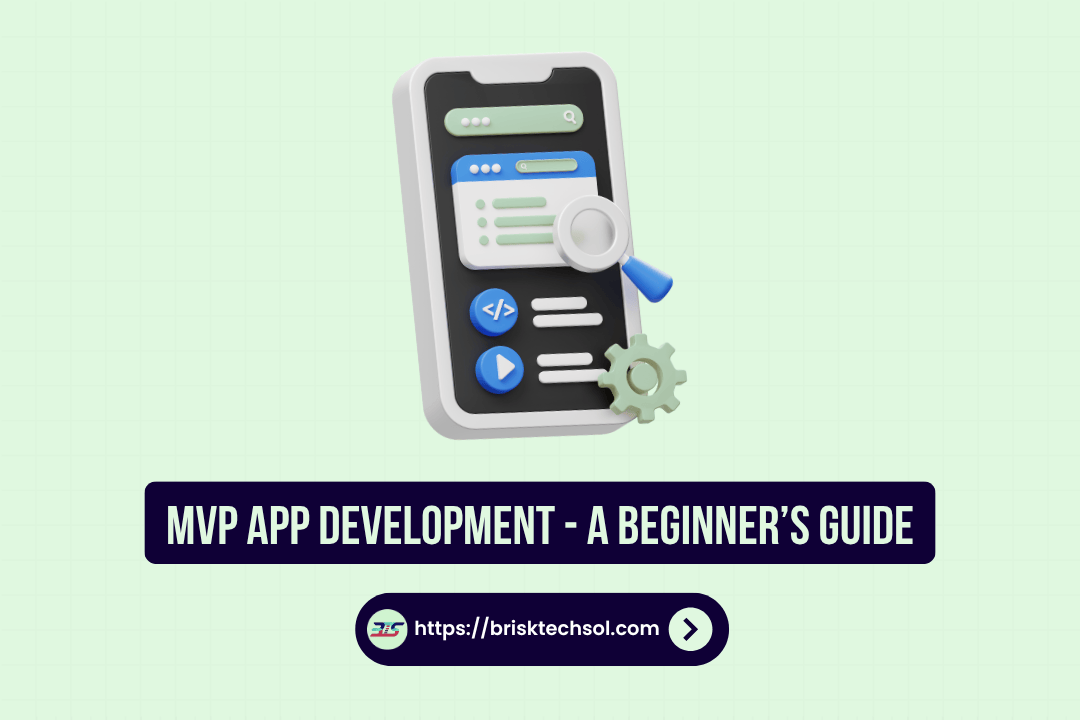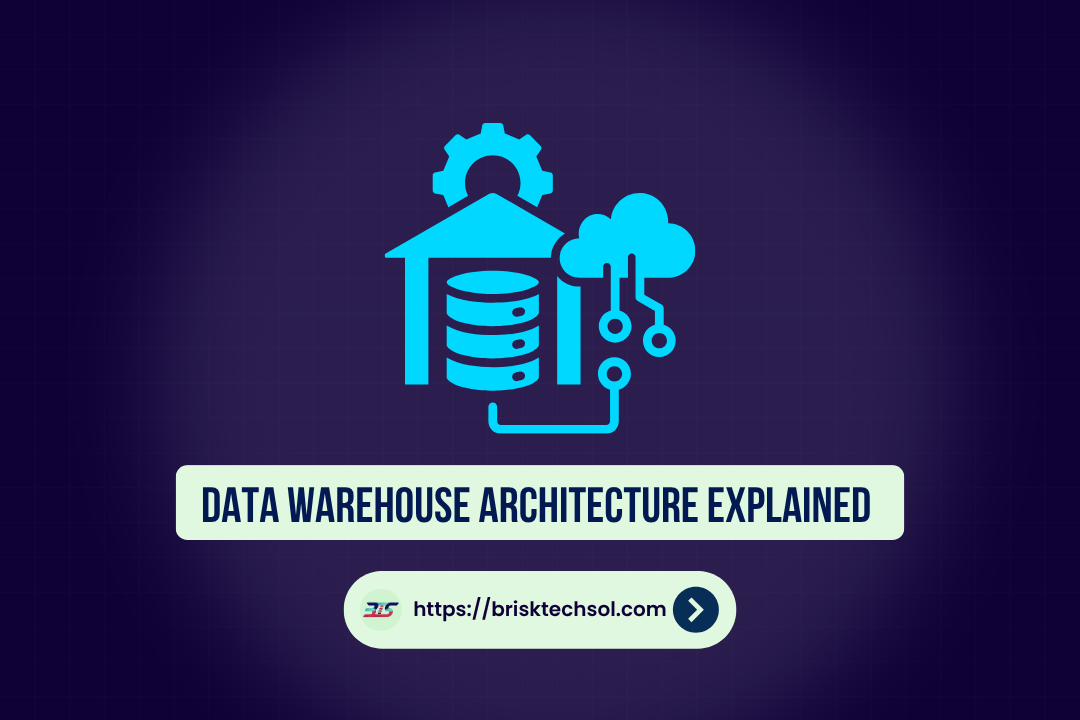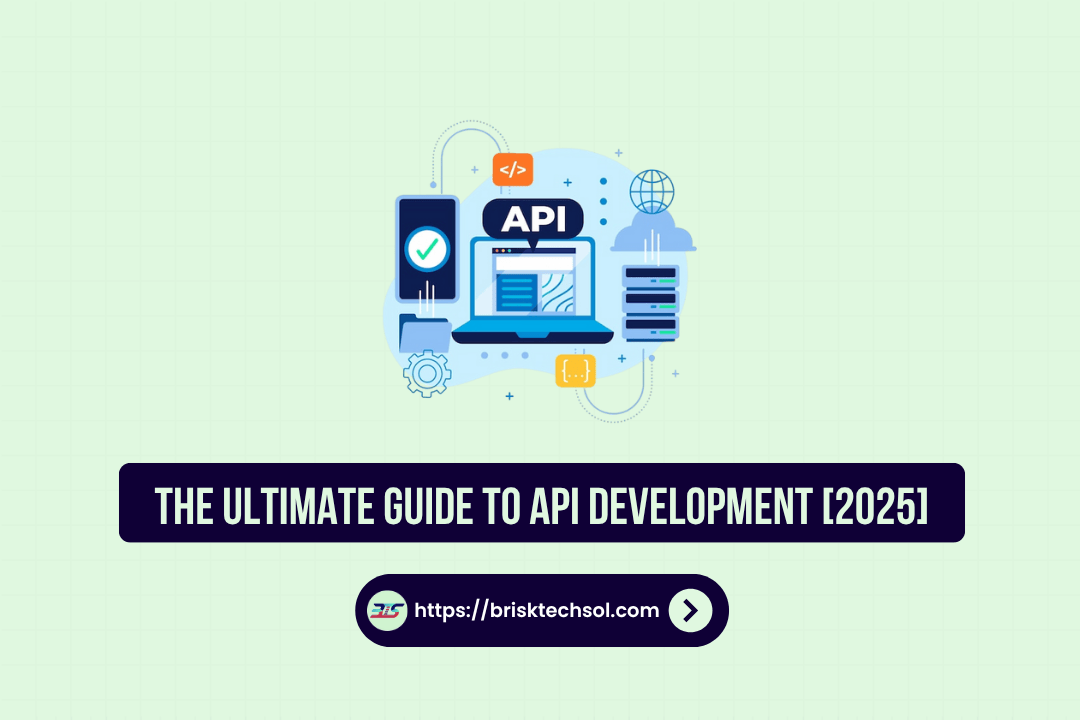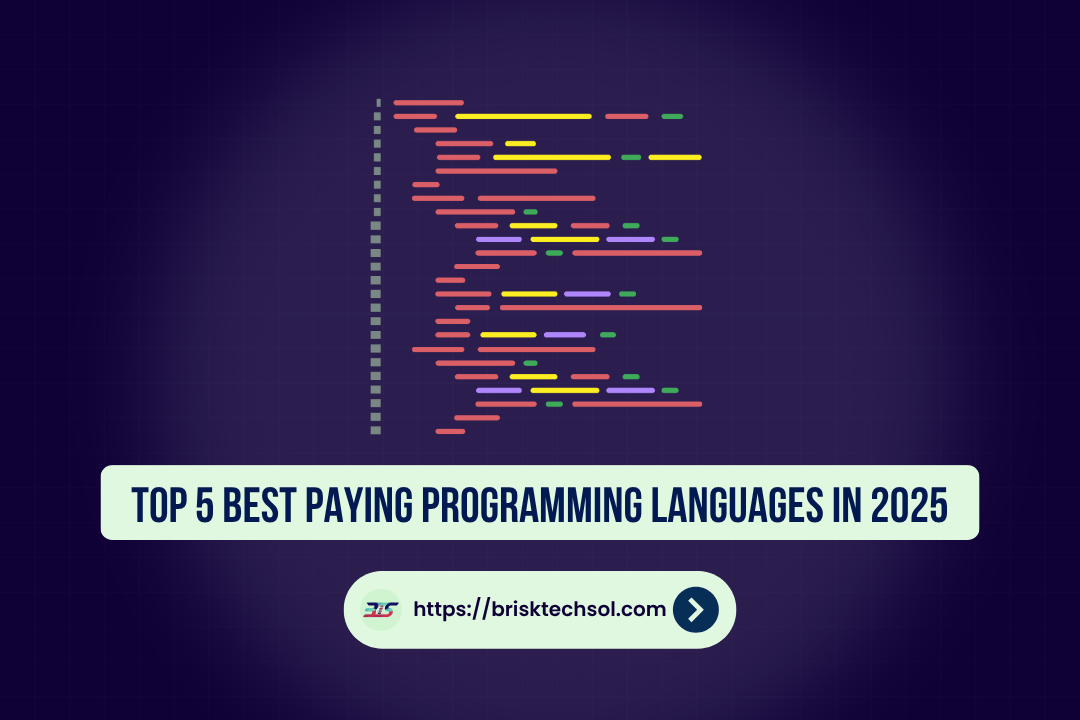Artificial intelligence is changing the game for insurance marketing. From smarter customer targeting to personalized campaigns, AI helps insurers connect with people in meaningful ways. With tools like chatbots and predictive analytics, it’s easier than ever to engage customers, build trust, and stay ahead in a competitive industry.
The Role of AI in Insurance Marketing
Insurance marketing relies heavily on data to target customers effectively, optimize campaigns, and improve engagement. AI enables insurers to analyze customer data at an unprecedented scale, offering:
1. Enhanced Customer Segmentation and Personalization
AI tools analyze demographic, behavioral, and transactional data to identify customer segments. Marketers can then create highly personalized campaigns tailored to each group. For instance, AI might suggest promoting travel insurance to frequent flyers or offering life insurance to new parents.
2. Predictive Analytics for Better Campaigns
Using historical data, AI predicts customer behavior, enabling insurers to anticipate needs. Predictive analytics identifies which customers are likely to renew policies, purchase add-ons, or even churn. This helps insurers make proactive marketing decisions.
3. Real Time Insights
AI processes data in real-time, providing insurers with actionable insights during campaigns. For example, insurers can adjust ad placements or modify messaging mid campaign based on performance metrics.
AI-Powered Tools for Insurance Marketing
AI technology offers several innovative tools that have become essential for modern insurance marketing:
1. Chatbots and Virtual Assistants
AI-powered chatbots handle customer inquiries 24/7, improving accessibility and response times. For example, Lemonade’s chatbot “Maya” simplifies the policy-buying process. Chatbots can:
- Answer FAQs instantly.
- Guide users through policy renewals or claims.
- Offer policy recommendations based on user inputs.
2. Predictive Analytics
Predictive analytics allows insurers to anticipate customer needs using historical and behavioral data.
- Use Case: Identifying customers likely to renew their policies or purchase additional coverage.
- Impact: Increases policyholder retention and boosts upselling opportunities.
3. AI Driven Personalization
AI personalizes interactions at every touchpoint, from emails to website content. Personalized experiences are more engaging and increase conversion rates.
4. Sentiment Analysis
AI tools analyze customer feedback across reviews, social media, and surveys to assess public sentiment about your brand. This allows insurers to adapt messaging and improve customer satisfaction.
5. Content Optimization
AI tools help craft high-performing marketing materials by analyzing audience preferences. Insurers can use these tools to:
Develop blog content optimized for search engines.
Create targeted email campaigns.
Write engaging social media posts.
Benefits of AI Solutions in Insurance Marketing
AI doesn’t just streamline processes it delivers measurable results:
1. Improved Customer Engagement
AI tools ensure every interaction is relevant and personalized, building trust and long-term relationships with customers.
2. Faster Decision Making
With real time insights, insurers can make quick adjustments to marketing strategies, staying ahead of competitors.
3. Enhanced Risk Management and Pricing
AI models assess customer risks more accurately, helping insurers price policies competitively while maintaining profitability.
4. Increased Operational Efficiency
Automation reduces time spent on repetitive tasks like data entry or customer support, freeing teams to focus on strategic initiatives.
Challenges and Ethical Considerations
While AI offers immense potential, it also presents challenges:
1. Data Privacy Concerns
AI relies on extensive data collection, raising concerns about how customer information is stored, shared, and used. Insurers must comply with data protection regulations like GDPR and CCPA.
2. Algorithmic Biases
If not carefully monitored, AI algorithms can unintentionally discriminate against certain demographics, leading to ethical issues and reputational damage.
3. Integration with Legacy Systems
Many insurers still operate on outdated systems. Integrating AI solutions with these systems can be complex and costly.
Future Trends in AI for Insurance Marketing
The evolution of AI in insurance marketing shows no signs of slowing down. Here are some trends to watch:
1. Generative AI for Content Creation
Tools like ChatGPT and Bard are enabling insurers to create engaging marketing content quickly and efficiently.
2. Advanced Behavioral Analytics
Future AI tools will delve deeper into customer behavior, offering hyper-personalized insights for marketing campaigns.
3. AI Driven Risk Assessment Models
Emerging AI technologies will revolutionize risk analysis, helping insurers develop more competitive products while minimizing exposure to fraudulent claims.
Steps to Implement AI in Insurance Marketing
Insurers looking to leverage AI effectively can follow these steps:
- Assess Needs and Goals
Determine how AI can address specific marketing challenges, such as improving lead generation or increasing retention. - Choose the Right Tools
Select AI platforms that align with your marketing objectives, such as Salesforce Einstein or Jasper. - Train Teams
Invest in training for your marketing team to ensure they understand and can utilize AI tools effectively. - Start Small
Implement AI solutions in one or two areas, evaluate the results, and scale gradually. - Monitor and Optimize
Continuously track AI performance and refine your strategies based on data insights.
Integrating AI with CRM Systems
Integrating AI with Customer Relationship Management (CRM) systems is a game-changer for insurance marketing. AI enhances traditional CRM tools by providing advanced analytics, automation, and predictive capabilities, making customer interactions more personalized and efficient.
Key Benefits of AI-Integrated CRMs:
- Better Lead Segmentation:
AI analyzes customer data to segment leads based on demographics, behavior, and buying intent. This allows insurers to focus marketing efforts on high-value prospects. - Automated Follow-Ups:
AI-powered CRMs can schedule and send personalized follow-ups, such as reminders about policy renewals or special offers, improving customer engagement. - Customer Insights:
AI tools extract actionable insights from customer interactions, helping insurers understand preferences and predict future needs. - Enhanced Customer Support:
Virtual assistants integrated into CRMs provide instant responses to customer queries, improving satisfaction and reducing response times.
Example Use Case:
An insurer integrates AI with their CRM to track policyholder interactions. When a customer inquires about adding coverage, the system uses predictive analytics to suggest relevant products and schedule a follow-up call automatically.
Key Takeaways
FAQ Section
1. What are the best AI tools for insurance marketing?
Some popular tools include Salesforce Einstein for customer insights, Jasper for content creation, and Tableau for data visualization.
2. How does predictive analytics benefit insurance companies?
Predictive analytics helps insurers anticipate customer needs, optimize pricing strategies, and reduce churn.
3. Can AI help reduce customer churn in the insurance sector?
Yes, AI analyzes customer data to identify at-risk policyholders, enabling proactive engagement strategies.
4. What are some challenges of integrating AI in insurance marketing?
Key challenges include data privacy concerns, algorithmic biases, and integration with legacy systems.
5. How does AI improve customer experience in insurance?
AI offers personalized recommendations, quick support via chatbots, and tailored marketing campaigns.


